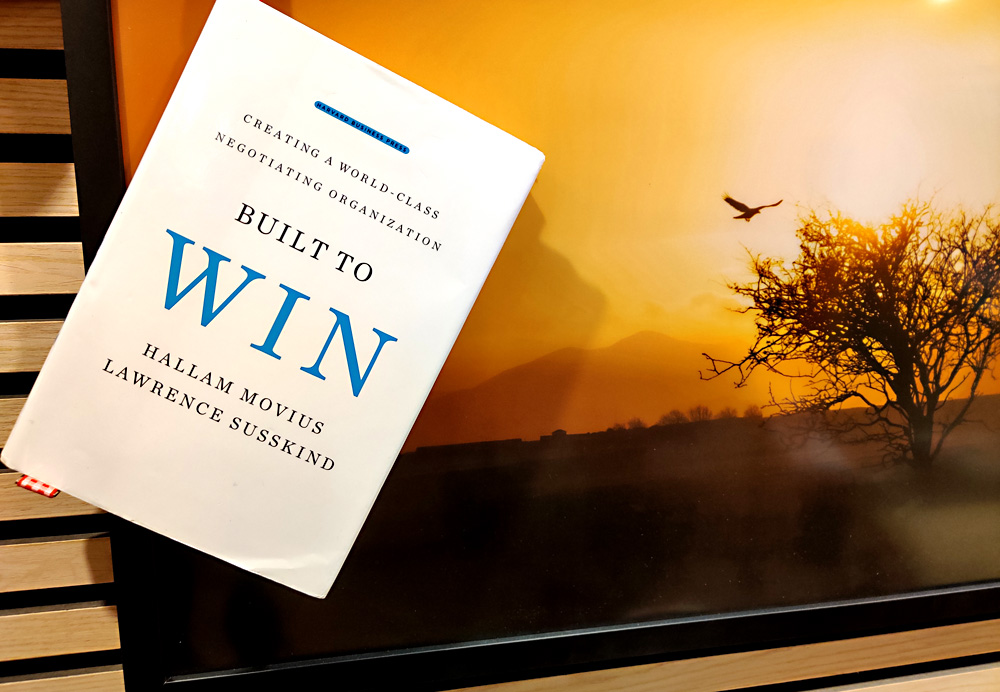Restoring a classic car teaches you a lot about patience, systems, and respect for history.
When I spend evenings on my Mercedes R107, I’m reminded how similar the process is to managing change in organizations:
🚗 You diagnose before acting — is the issue really the fuel injection system, or something deeper in the wiring? Just like in companies, the visible symptom often isn’t the root cause.
🚗 You take a system view — fixing brakes without aligning the suspension creates imbalance. In organizations, introducing new tools without aligning people and processes does the same.
🚗 You honor the past while modernizing for the future — an old Mercedes keeps its character even when updated. Companies too must respect their culture while evolving.
🚗 You move step by step — bodywork, electrics, engine, interior. Change also works in phases: awareness, desire, knowledge, ability, reinforcement.
In both cases, success isn’t about rushing. It’s about precision, patience, and having the right tools and frameworks.
That’s the mindset I bring to change management at Crowlight Partners: combining structure with respect, and making sure that after the “repair,” the system runs reliably and sustainably.
I’d like to hear from others: what hobbies have taught you lessons that carry over into your professional life?





